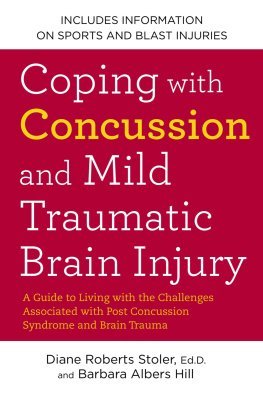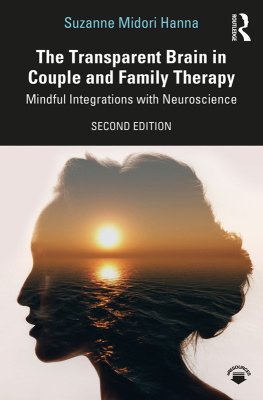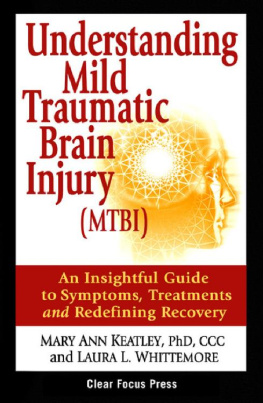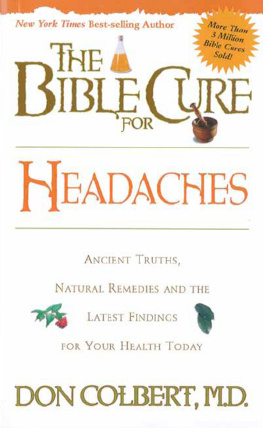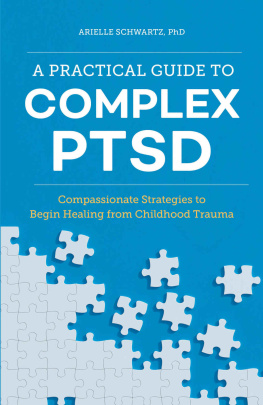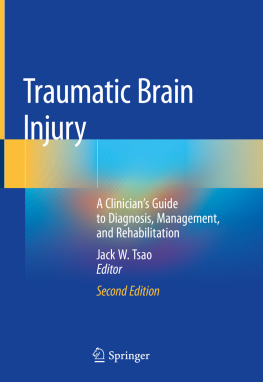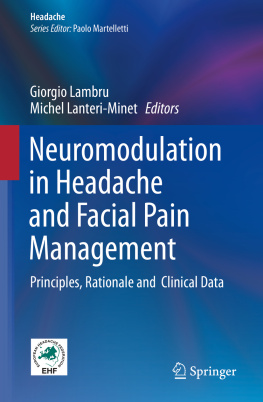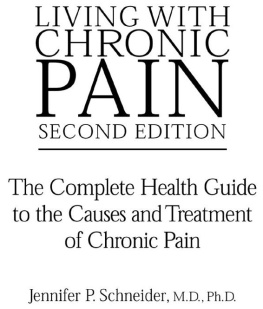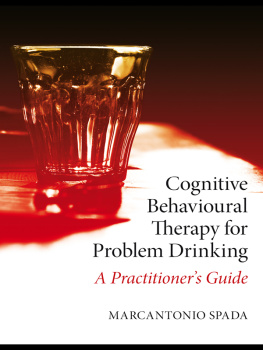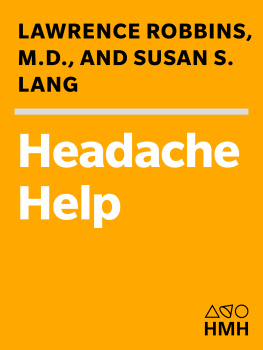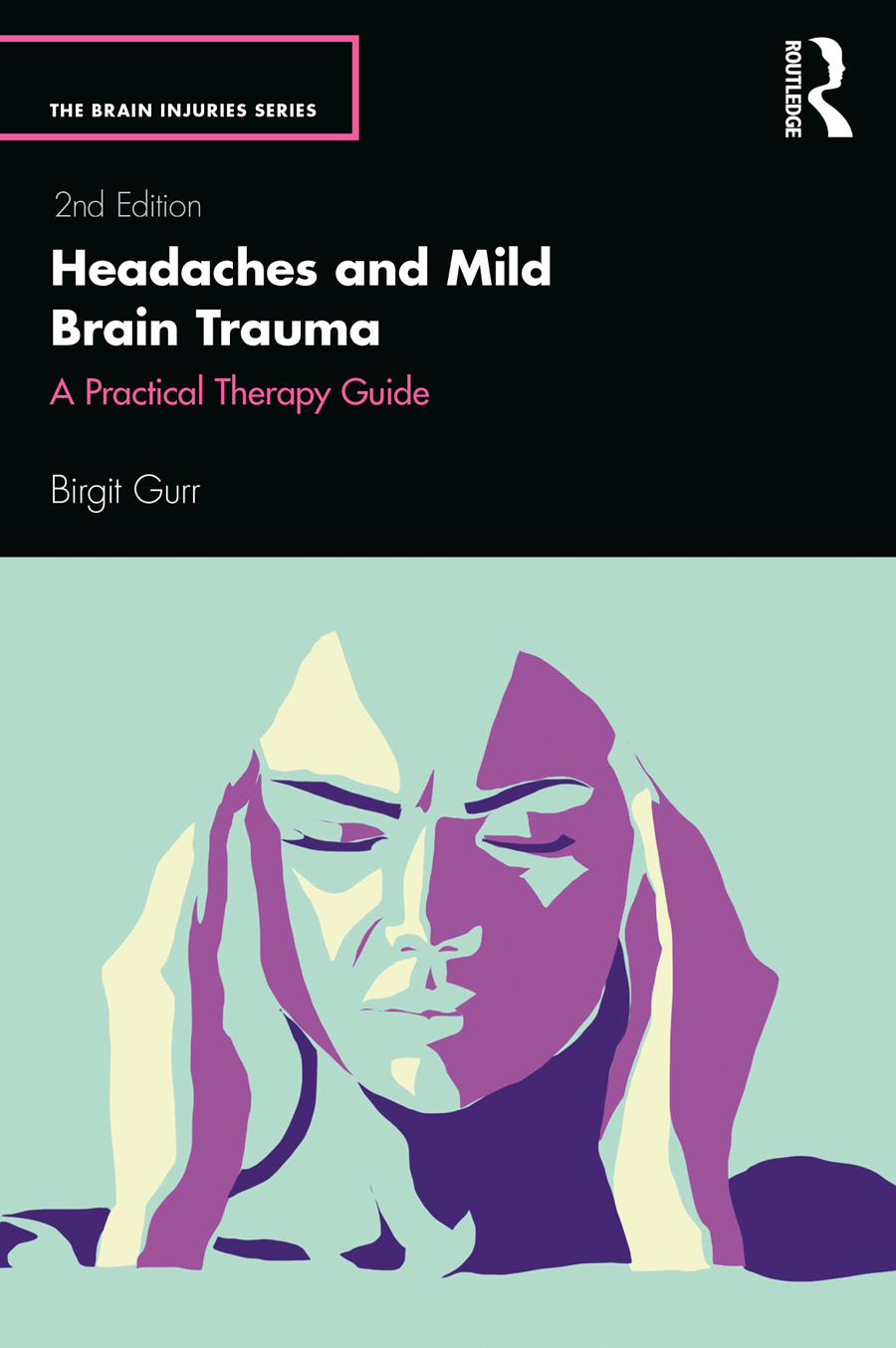
[Birgit Gurr] writes for the busy clinician and bridges the gap between medical and psychosocial understandings of chronic headaches following mild brain injury. Indeed, anyone working with survivors of mild brain injury who are suffering from headaches will find this volume a valuable therapeutic tool.
Barbara A. WilsonOBE, PhD, DSc, CPsychol, FBPsS, FmedSC, AcSS, Founder of the Oliver Zangwill Centre for Neuropsychological Rehabilitation at the Princess of Wales Hospital in Ely, Founder and editor of the journal Neuropsychological Rehabilitation, Fellow of the Academy of Medical Sciences, the Academy of Social Sciences and the British Psychological Society, Past president of the British Neuropsychological Society and the International Neuropsychological SocietyThe second edition of this very helpful handbook provides an updated and expanded overview of posttraumatic headache management, focusing on psychotherapeutic interventions after a mild traumatic brain injury/concussion. There is really no other resource like this for practitioners and, due to its scope, it should be an invaluable resource for those dealing with this often-perplexing disorder.
Nathan D. Zasler, MD, DABPM&R, FAAPM&R, FACRM, BIM-C, CBIST, Founder, CEO & CMO, Concussion Care Centre of Virginia, Ltd., Founder, CEO & CMO, Tree of Life Services, Inc., Professor, affiliate, Department of Physical Medicine and Rehabilitation, Virginia Commonwealth University, Richmond, Virginia, Associate Professor, adjunct, Department of Physical Medicine and Rehabilitation, University of Virginia, Charlottesville, Virginia, Chairperson, Emeritus, IBIA, Vice-Chairperson, IBIAThe second edition is an invaluable guide to psychological treatment for patients with persistent headaches after a concussion. It incorporates evidence-based practices, and where the evidence trail ends, it offers practical recommendations based on the authors deep clinical expertise. provides more detailed guidance on assessment and the specific how tos of delivering CBT, complete with homework sheets, session outlines, suggested scripts and other useful tools. The book is filled with clinical pearls, such as how to use the CBT model to guide interviewing and case formulation. Readers with a background in CBT will be able to use this manual right off the shelf.
Noah D. SilverbergPhD, RPsych, ABPP-CN, Assistant Professor, Department of Psychology, University of British Columbia, Vancouver Campus & GF Strong Rehabilitation Centre, Musqueam, Squamish & Tsleil-Waututh Traditional TerritoryHeadaches and Mild Brain Trauma
This important book describes the biopsychosocial nature of persisting and complex headache presentations following a mild brain trauma and offers a predominantly cognitive behavioural therapy programme to guide patients toward better health and less pain.
The book provides both a robust theoretical underpinning and practical therapeutic guidance for helping those who suffer from posttraumatic headaches. Placing physical symptoms of trauma in context with personal and social issues, it discusses the broader psychological implications at work after brain injury, including the idea that headaches play a functional role for the patient. Updated with the latest research findings, the book features clinical guidelines, practitioner worksheets and relaxation scripts, offering an all-inclusive manual for therapists setting up their own programmes.
Written with the busy clinician in mind, it is essential reading for anyone working with brain trauma survivors.
Birgit Gurr is a consultant clinical neuropsychologist and works as the clinical lead for the Acquired Brain Injury and Adult Neuropsychology Services in Dorset HealthCare University NHS Foundation Trust, UK. She is also a visiting lecturer at Bournemouth University, where she teaches neuropsychology, and a clinical supervisor for the clinical psychology doctorate courses at Southampton and Exeter Universities. She is a full member of the Division of Neuropsychology and Associate Fellow of the British Psychological Society, UK.
The Brain Injuries Series
Series Editors: Dr Giles N. Yeates and Dr Fergus Gracey
This series is dedicated to psychological therapies, social interventions and psychosocial issues following acquired brain injury, emphasising both theoretical exploration and the how-to of therapeutic work. These titles stand in contrast with previous clinical titles in the brain injury literature that have been assessment-focused and offered little in the way of intervention. Every jobbing clinician and therapist working with survivors of brain injury and their significant others should have this series on their shelves.
Previous titles in the series:
A Relational Approach to Rehabilitation
Thinking about Relationships after Brain Injury
Ceri Bowen, Giles N. Yeates and Siobhan Palmer
Practical Neuropsychological Rehabilitation in Acquired Brain Injury
A Guide for Working Clinicians
Next page

